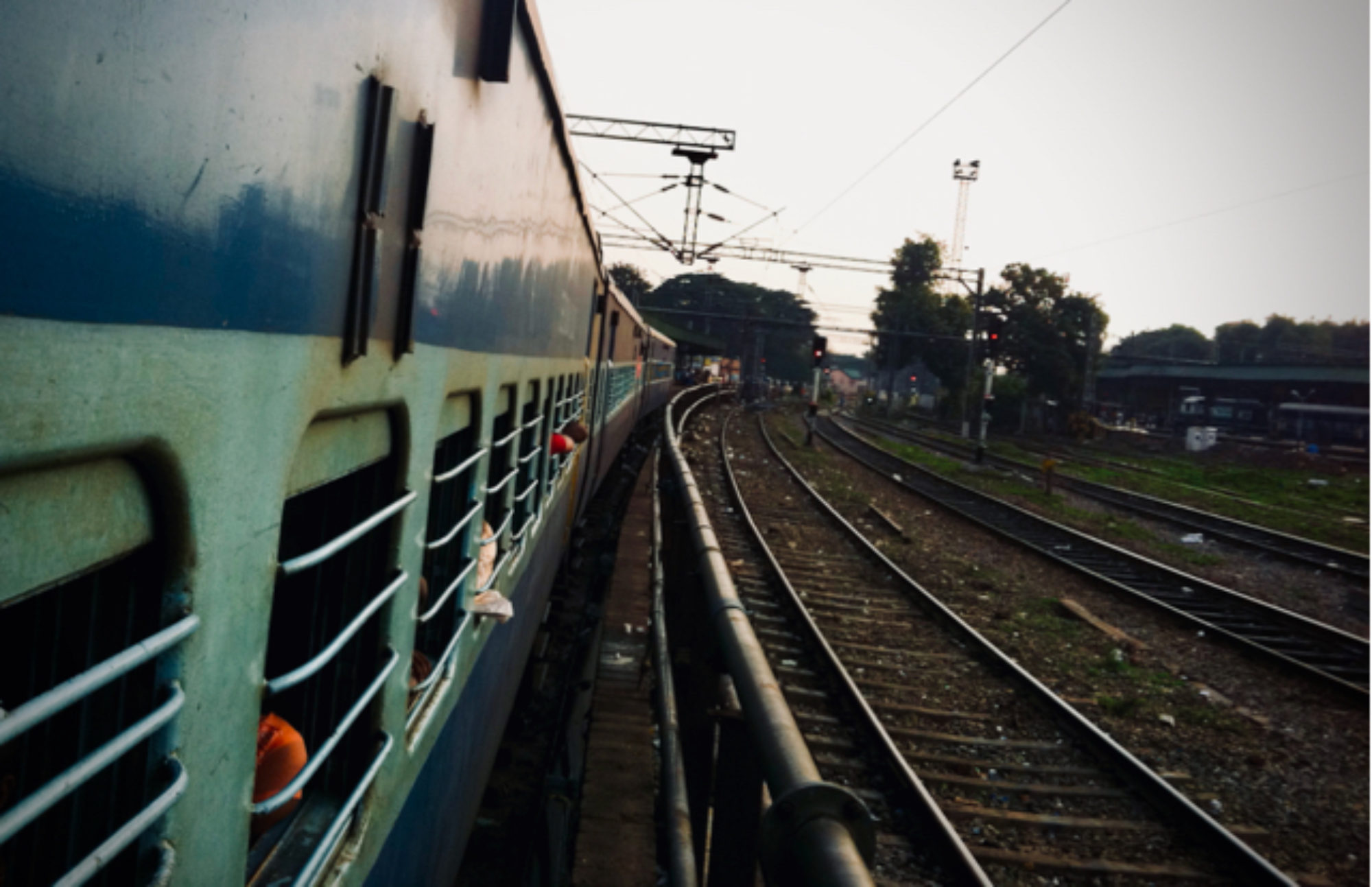Mobile money and mobile banking have created a revolution in financial services for the unbanked population, but the potential for mobile technology doesn’t end there. Below are recent articles highlighting how mobile technology can be leveraged to create innovative solutions aimed towards the development of emerging markets.
Mobile for Smart Solutions: How Mobile can Improve Energy Access in Sub-Saharan Africa by Helene Smertnik on GSMA
A new report released by GSMA explores the opportunity for mobile operators to partner with energy service providers to deploy smart solutions to improve energy access in Sub-Saharan Africa. The report offers recommendations for the industry’s key players, energy providers, mobile operators, and investors to enter the space. These recommendations include:
- Mobile operators should develop suites of enabling services targeted at utilities and energy service companies to support their smart solution deployments in both urban and rural markets (on and off-grid). Operators should also work with energy providers to clarify the business case for the deployment of these smart solutions by supporting pilots that focus on commercial viability.
- Utilities and energy service companies (ESCOs) should work to quantify the benefits that mobile technology and smart solutions can offer their business models.
- Although smart solutions can provide significant benefits to ESCOs, they are hesitant to raise or invest the capital required to trial these solutions at scale because the commercial model is unproven. Investors should step in to support early stage trials.
A rugged mobile wifi device brings the web to schools in Africa and beyond by Karen Eng on TEDBlog
BRCK, the newest addition to our portfolio, developed a rugged, rechargeable, mobile wife device aimed to bring connectivity to people in developing countries with unreliable infrastructure. Since the official launch this past July, BRCK has manufactured and shipped more than 1,000 units to 45 countries.
Today, the team is focusing on community action, looking for new ways to apply their technology. The company is working with organizations in the education and health spaces, extending connectivity to support their work. BRCK is no longer hardware itself; it is now recognized for the constructive value it can add to communities, like enabling access to information in schools and health clinics. BRCK aims to make a real impact, where real opportunities exist. “We realized that what we’d created for general-purpose connectivity in emerging markets was actually something in great demand in schools throughout Africa,” said Juliana Rotich, founding member of Ushahidi, “If we focus on nothing else but education, many other challenges in the world will be resolved.”
A Water Project Cleans Up Nairobi’s Slum by Elijah Wolfson on Newsweek
The Soweto Slums of Nairobi, Kenya, home to between 100,000 and 200,000 residents, is less than one square mile in size, making the area four to eight times as dense as New York City. As if the living conditions aren’t bleak enough, when the slums were formed in the 1980s and 1990s, the city didn’t connect them to water.
Today, Patrick Mwangi, a World Bank water and sanitation specialist, is the driving force behind the Soweto water-development project, launched earlier this year. The project, developed with the input of the World Bank’s Africa Region team, aims to provide water security to the residents of the slum by bringing water taps into each home so that families will no longer have to buy overpriced water or drink from contaminated sources.
The key component in the success of this project is the Jisomee Mita (“Read Your Meter” in Swahili), a tool that uses SMS technology to allow residents of Soweto to pay for the water provided by their taps. Each in-home tap will have a meter that reads their water usage. The users will be able to text the readings from their meters to a 4-digit number and within minutes their bill will be texted back. They can then use M-Pesa to send a payment. This mobile technology gives Soweto residents the ability to pay at any time, a huge benefit to the many that make their living in an informal sector without regular billing cycles.
New Here?
- Learn about what we do.
- Follow us on Twitter.
- Like us on Facebook.
- Join us on LinkedIn.
- Add us on Google+.
- Sign up for our mailing list.
- Catch up on past Weekly Reviews.
- Fundraising for a mobile tech, alternative energy, or ag tech startup? Apply.
